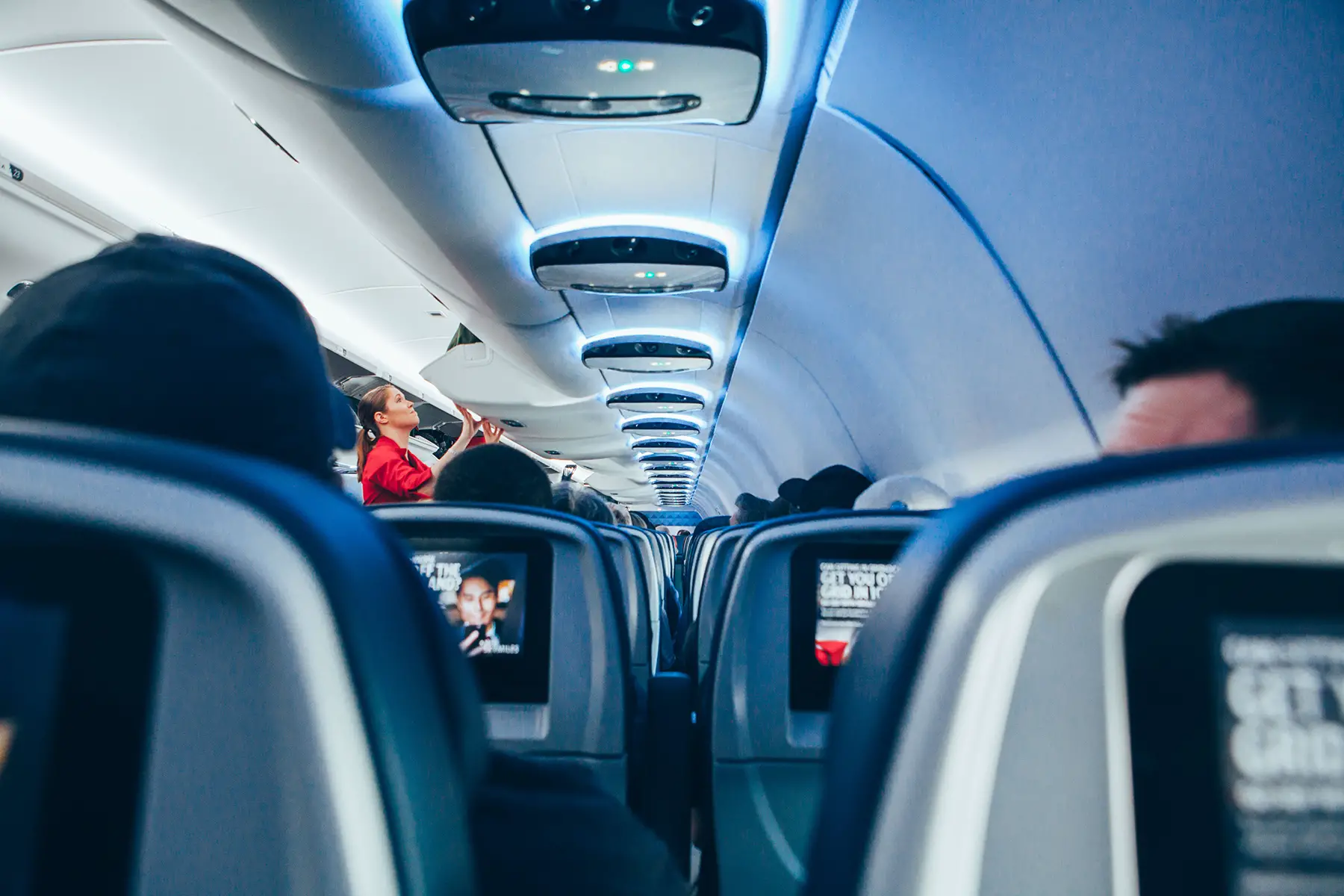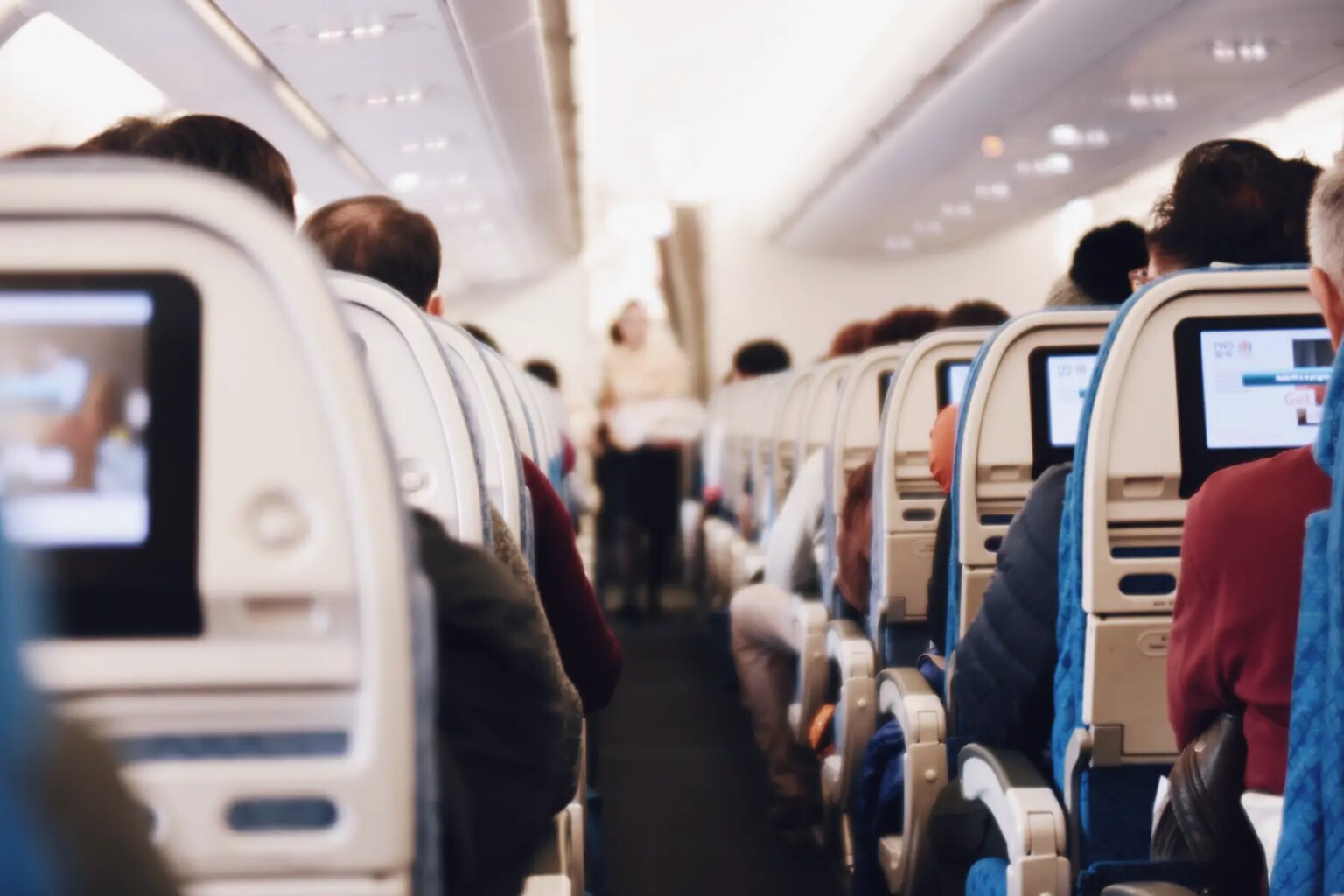Cigna Global
Want access to the best private medical services? Speak to the healthcare professionals at Cigna Global today and find a policy that’s right for you. Take advantage of their global network of doctors, specialists, therapists and more with coverage tailor-made for you and your family. If you’re starting a new life, get peace of mind with Cigna Global.
Pumping up the flavor
“In the air, food and drink tastes as it does when we have a cold,” says taste scientist Dr. Andrea Burdack-Freitag, following her findings at Germany’s Fraunhofer Institute for Building Physics. This numbing of your senses is caused by low air pressure in the plane and the psychological effect of the cabin environment; as a result, the conditions reduce your sense of taste.

That’s why food on airplanes can often taste rather bland. It is that blandness that is responsible for those unhealthy options, as you seek to pump up the flavor with added fat, sugar, and salt.
Tomatoes taste better
But not everything that tastes great in the skies is harmful to your health. While the cabin environment makes some foods taste insipid, it makes others taste better. One example is the humble tomato, which, Dr. Burdack-Freitag says, can provide “a harmonious taste experience.” This partly explains why Lufthansa was reported to serve 1.8 million liters of tomato juice every year.
The taste of umami
As airlines respond to calls from travelers seeking to eat healthy on flights, they are experimenting with flavors. Some are replacing excess salt with other ingredients such as celery that provide umami, one of the five basic tastes. Meanwhile, Dr. Burdack-Freitag and her team are developing new ways to enhance flavors, using ingredients such as coffee oil.
Tips on how to eat healthy on flights
If your airline has not yet seen the light, what can you do? We advise the following:
- Avoid main courses that are drowned in sauce. These are often loaded with butter or sugar.
- Pick a dish that has good amounts of lean protein and vegetables.
- Watch out for white bread, white rice, and pasta. These could leave you feeling bloated afterwards.
- Pack nuts and fruit in your hand luggage and munch on them during the flight instead of desserts or snacks.
- Find healthy alternatives to refined sugar like fruits that you can buy within the airport.
- Don’t forget to drink lots of water to keep hydrated before, during, and after your flight.
- Don’t forget that a relaxing drink in the air may be one you later regret. The cabin’s dehydrating environment combined with the effects of coffee, tea, and alcohol can leave you even more dehydrated.
- Consider packing your own healthy meals (without liquids and pastes, of course) to monitor the kind of nutrients you’re consuming.
- If you can, eat and sleep at the times you would at your destination. This will help you stave off jet lag.
- Walk around and stretch during long flights. This kickstarts your energy and rids yourself of the groggy feeling at high altitudes.



